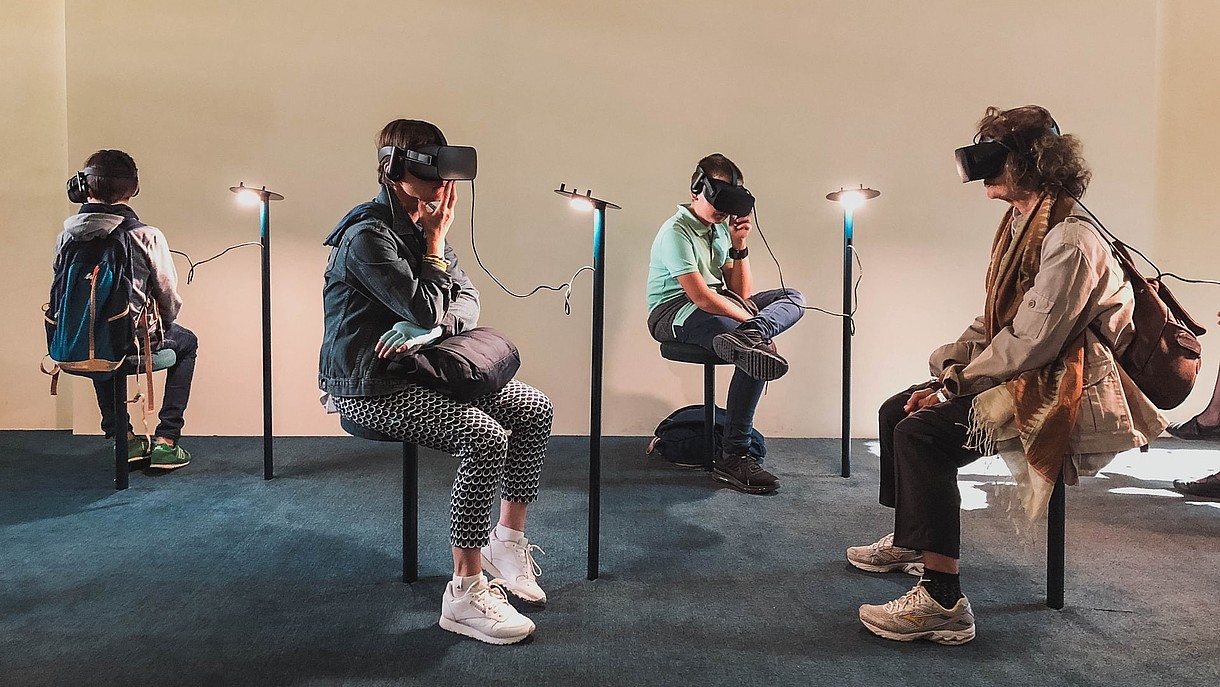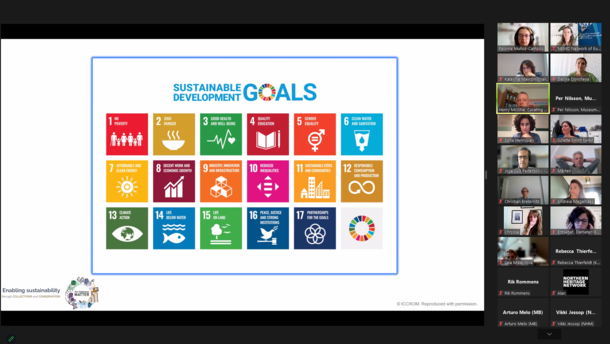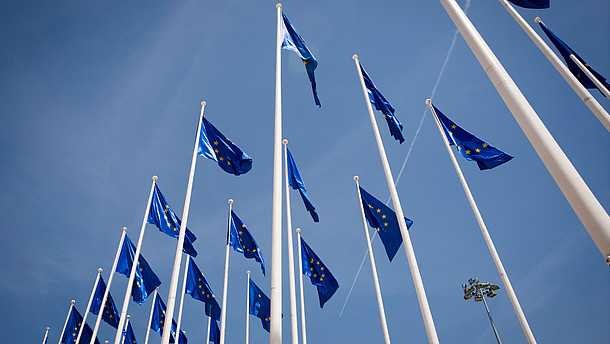Digitisation is a must rather than an option and lately digitalised collections have proved themselves to be valuable resources in a crisis. However, the digitisation process often comes with persistent financial difficulties, several legal uncertainties and a clear need of adequate skill development.
Based on its survey findings, NEMO and its Working Group Digitalisation and IPR offer recommendations to EU policy makers on the one hand, and to national museum organisations and museums on the other hand, to help museums on their way to digitalised collections.
In order to gain an overview from different institutional perspectives in Europe, the study surveyed three different target groups; national museum organisations, national ministries in charge of museums and individual museums.
The report Digitisation and IPR in European Museums concludes that:
- More than 80% of the responding museums claimed increased visibility as the main objective for digitising their collections, closely followed by 75% of the museums who named increased access and educational use. More than 65% of the museums’ objective is to digitise their collection is providing metadata for researchers.
- 3 out of 4 museums report that their biggest obstacles regarding the digitisation and online accessibility of the permanent collections are insufficient resources (money) and insufficient (time of) staff.
- Less than 20% of the collections of responding museums are available online. This means that less than half of the digitised objects are available to the public.
The report picks up on some worrying tendencies:
- In all survey questions regarding figures on the digitisation of collections, many respondents provided incomplete answers or skipped questions all together. This is striking and suggests a mechanism is missing to track the digitisation process and the online accessibility in many museums.
- There is a visible lack of communication between stakeholders involved in the cultural heritage digitisation process, be it in operational or legal questions.
NEMO believes that the policy goals below should guide European decision-making on investment in the museums sector when it comes to ensuring a legal and technological framework that allows museums to fully realise their opportunities in the digital world.
- EU and national legal frameworks, especially regarding Intellectual Property Rights (IPR), must allow for museums to be fully visible on the internet, and provide the best possible access to their collections online.
- Museums should be considered as educational institutions and should thus be allowed the exceptions and limitations to copyright that benefit educational institutions. The DSM Directive retains an educational exception, but museums cannot benefit from it since only "traditional" educational establishments are covered. In order to address this, licensing fees should be based on museums’ status as learning institutions in service of society.
NEMO also recommends stakeholders to allocate resources and increase capacity building for museums by making sure that:
- Museums should receive more resources to digitise their collections.
- Museums should require access to capacity building opportunities and training of museum staff to digitise collections
- The network of supportive regional, national, and international organisations or working groups needs to become more visible to museums via communication strategies, conferences etc.
- Museums should be seen and treated as enablers of innovation in funding policies that target the digital transformation in general. These policies include the EU’s planned funding programmes such as Horizon Europe, Digital Europe, the Investment EU Programme and the European Structural and Investment Funds.
Read the full report for more findings and recommendations as well as detailed results from the survey.
Learn more about NEMO’s Working Groups.





